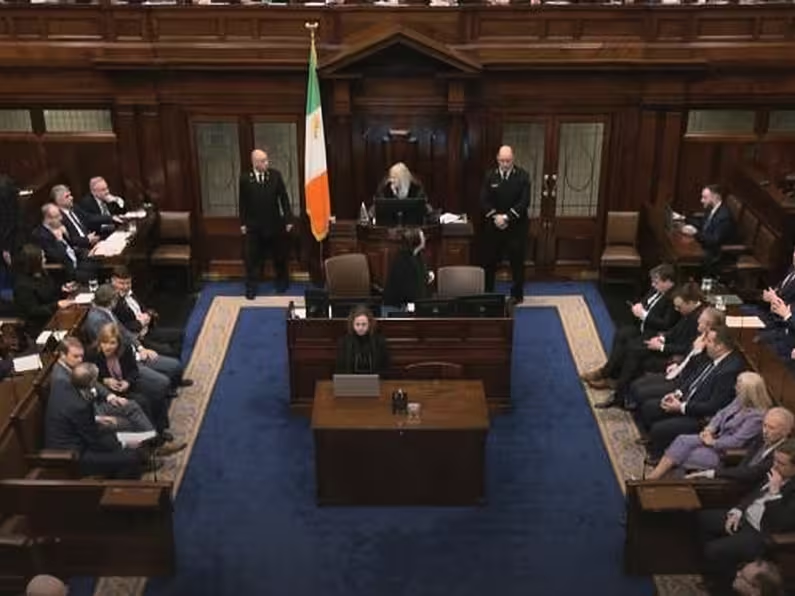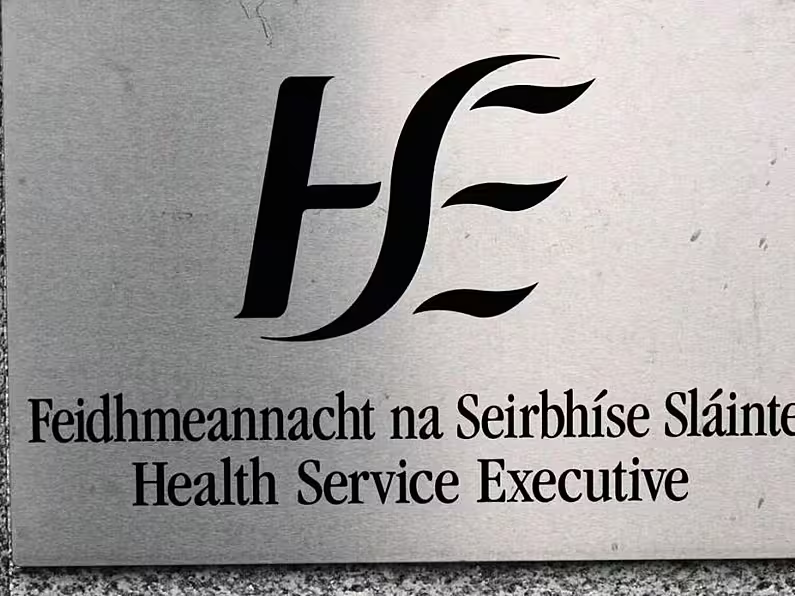By James Ward, PA
The Leaving Certificate is a traumatic experience for students that “can’t get any worse”, the Children’s Ombudsman has said.
Dr Niall Muldoon has told the Oireachtas Committee on Education, which is discussing reform of the second-level exams, that they are placing a disproportionate level of mental stress on young people.
He slammed the Government for the pace of reform of the exams, with major changes unlikely to take effect until 2030.
Dr Muldoon said: “We have to make sure that the reforms don’t make things worse, but at the moment, I don’t see how it can get worse.
“I think every one of us around this table has heard children talking about suicide, coming up to exams, and that’s wrong.
“We’ve done something wrong there. So it can’t get worse as far as I’m concerned. But changes have to come soon.”
Dr Muldoon highlighted recommendations made by the UN Committee on the Rights of the Child, which made “a very strong recommendation” to reform the Leaving Cert in 2016.
“They made this recommendation following a meeting in Geneva with young people from Ireland, where the committee was persuaded that the Leaving Certificate process placed a disproportionate level of mental stress on the young people on taking that terminal exam,” he said.
A review of the senior cycle by the National Council for Curriculum and Assessment (NCCA) was undertaken based on that recommendation, but six years later has not been made public or presented to Government.
Minister for Education Norma Foley met with the NCCA last week, and has said the Government is committed to reform of the exams.

Dr Muldoon said the indications were that any changes as a consequence of that document could take until 2030 to be implemented.
“It suggests a lack of urgency and affords too much time for arguing, procrastination and unnecessary delays,” he said.
He said any reform of the exams must recognise students as the primary stakeholders and put their interests first.
“Their views must be heard now and into the future, and those views must be considered in a manner that gives them equal weight with all other stakeholders,” he said.
Labour Party education spokesman Aodhán Ó Ríordáin said it was the view of the committee that the pandemic had created a “once in a generation” opportunity for reform of the Leaving Cert.
“It is largely unchanged from the time that we were all traumatised by it,” he said.
He said the model of assessing what students know is “brutal”.
“How do we come to a situation where we have schools that are absolutely failing their young people because of the competition model that we’ve insisted upon?” he asked.
Pandemic benefits
Dr Muldoon said there was an opportunity created by the pandemic, for livestreaming of classes in situations where schools are short-staffed or unable to offer certain subjects.
“There’s a huge benefit from that,” he said.
“There are also students who may not be able to access school due to behavioural issues, who may be able to do it from home.
“Those who may have mental health difficulties or may be in hospital, livestreaming and recording of classes can be a huge benefit for those children as well.”
The Joint Committee on Education, Further and Higher Education, Research, Innovation and Science meets for a Roundtable Discussion on Leaving Certificate Reform with @OCO_ireland @Barnardos_IRL @ChildRightsIRL @Instgc @NPCpp Citywise Education https://t.co/uWm3K8jIee
— Houses of the Oireachtas - Tithe an Oireachtais (@OireachtasNews) November 9, 2021
Tanya Ward, chief executive of the Children’s Rights Alliance, told the committee that “stress is the key reason for reform”.
“Study after study, we see children and young people saying that they experience enormous levels of stress, 75 per cent in one study,” she said.
“The principals carried out a study, and they said 85 per cent of principals are saying there is far too much stress being generated through the Leaving Cert system.”
Continuous assessment
She called for the system of continuous assessment in schools adopted during the pandemic to be adopted in the interim while reforms are being discussed.
“What we did notice from the studies of young people who went through the new form of accreditation was that it did reduce stress,” she said.
Ms Ward also slammed the pace of reform for the exams.
She said: “Forty years we’re living through this. I had the same experience of the Leaving Certificate that most young people going through it have had.
“That’s absolutely unacceptable. Why has that happened?
“When study after study is showing that children and young people are saying they are far too stressed, that it doesn’t prepare them for life, doesn’t prepare them for a range of jobs, why are we still in this situation?”











